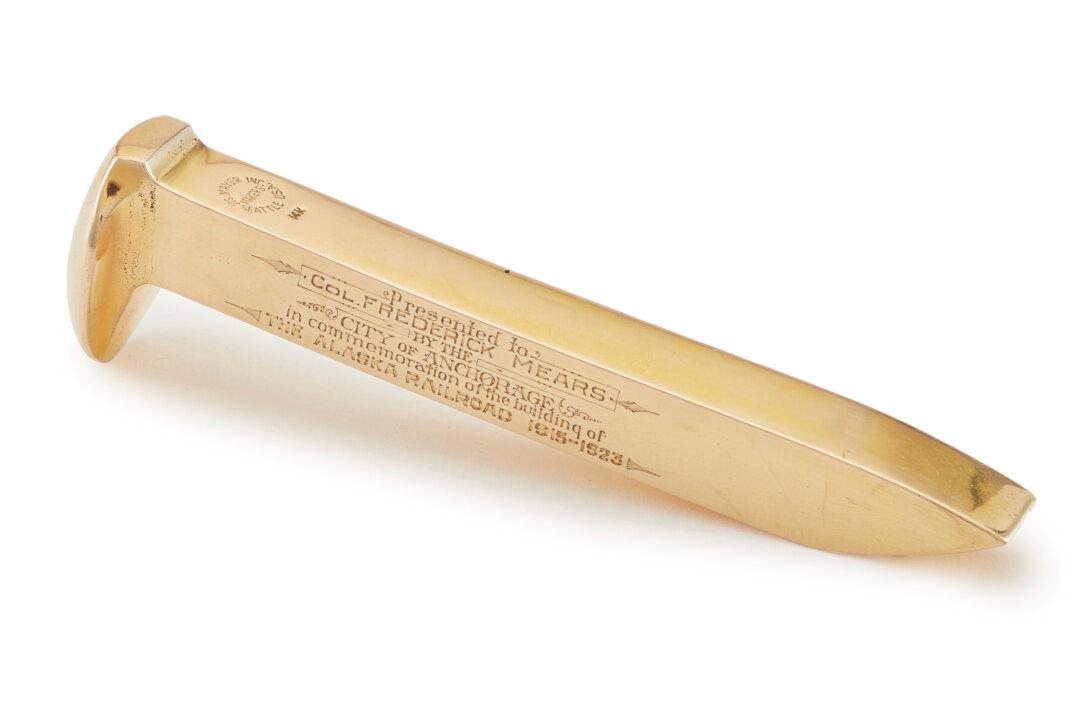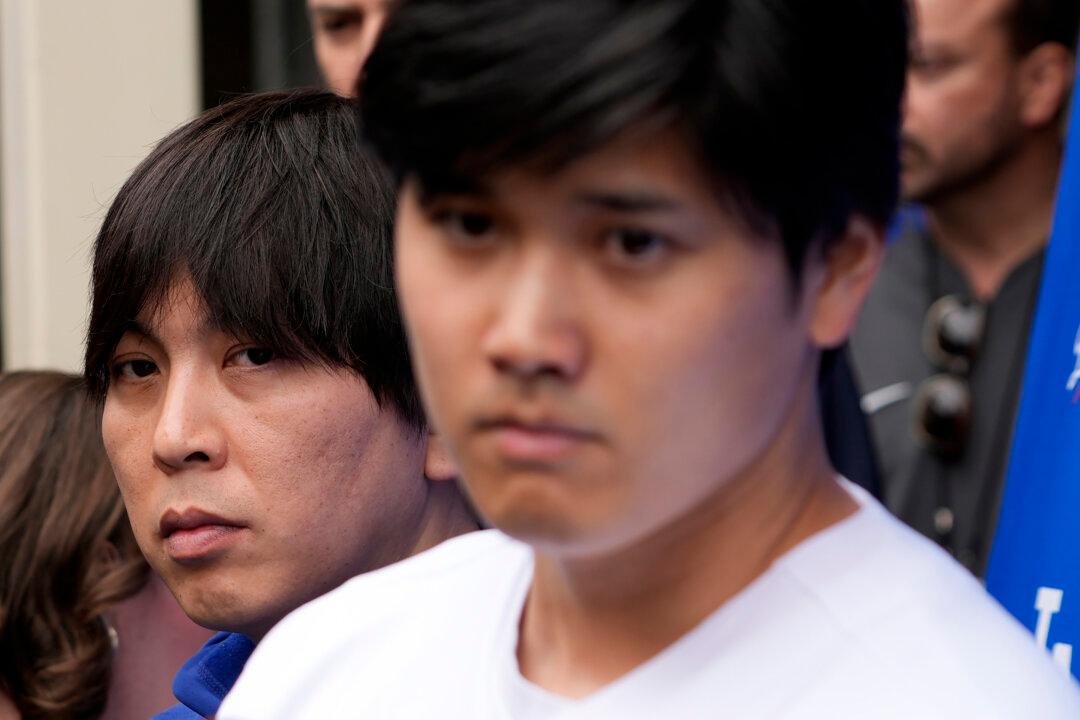WASHINGTON—President Donald Trump pressed the World Trade Organization on July 26 to stop letting China and other economies receive lenient treatment under global trade rules by calling themselves “developing” countries.
In a memo, Trump directed U.S. Trade Representative Robert Lighthizer to “use all available means” to get the WTO to prevent countries from claiming developing country status if their economic strength means they don’t need beneficial treatment.
Developing countries, supposedly not yet competitive with advanced economies such as the United States, get more time to open their economies, more leeway to subsidize their exports and procedural advantages in WTO disputes. Countries can choose their own status, and other countries can challenge them.
Trump said the designation lets China and others take “unfair” advantage of trade rules. If the United States decides the WTO has not made “substantial progress’ after 90 days, it will seek unilaterally to stop treating those countries as developing economies.
In a tweet, Trump wrote that the “WTO is BROKEN when the world’s RICHEST countries claim to be developing countries to avoid WTO rules and get special treatment. NO more!!! Today I directed the U.S. Trade Representative to take action so that countries stop CHEATING the system at the expense of the USA!”
His memo also asks Lighthizer to report back to the president in 60 days.
Despite claiming developing country status, China is the world’s second-biggest economy and No. 1 exporter.
Among wealthy economies that claim developing status are Singapore, South Korea, Brunei, Kuwait and the United Arab Emirates.
“China and too many other countries have continued to style themselves as developing countries, allowing them to enjoy the benefits that come with that status and seek weaker commitments than those made by other WTO Members,” Trump’s memo said, adding that “the status quo cannot continue.”
The Trump administration has complained that the Geneva-based WTO, which referees trade disputes, is ill-equipped to handle China’s unique economy in which the government plays a major role and boundaries between state-owned and private companies can be blurry.
“The WTO is in desperate need of reform,” Trump said.





